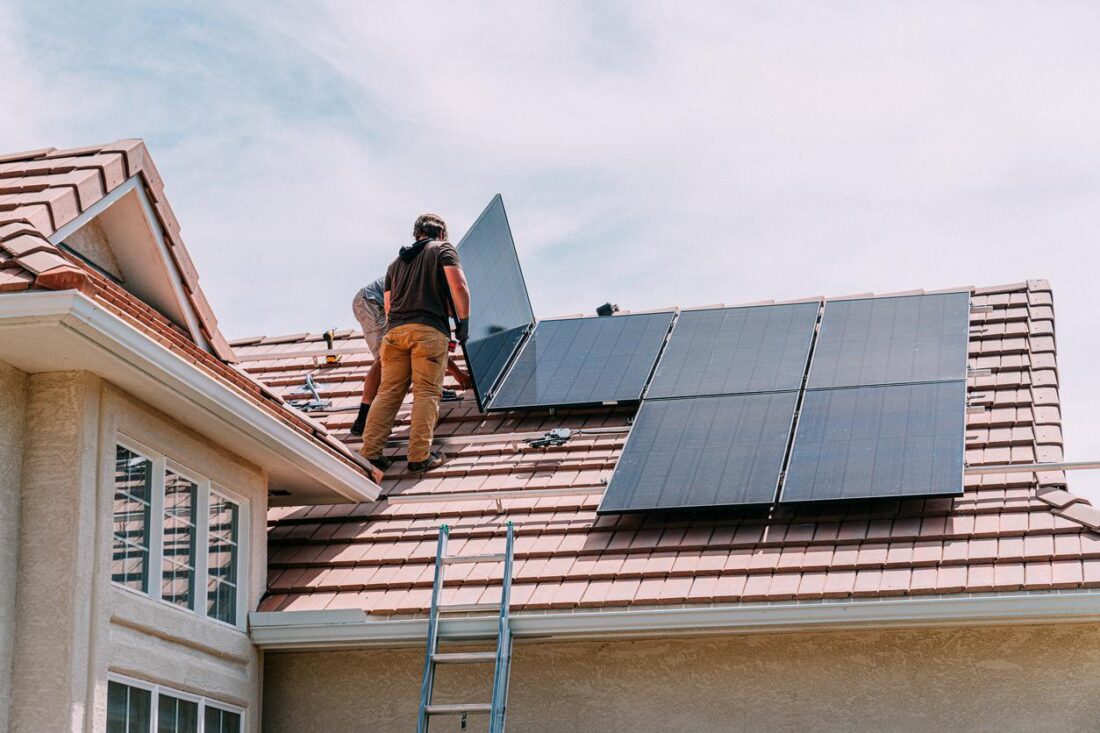
Installing solar power systems often drives a desire for energy independence, cost savings, and environmental responsibility. However, while selecting a solar power installation company, it is essential to understand the warranties and guarantees that come with the products and services. These warranties and guarantees protect customers, ensuring they receive high-quality products and services while safeguarding their investments. We will explore the various types of warranties and guarantees offered by solar power installation companies, what they typically cover, and why they are important for homeowners considering solar energy systems.
Types of Warranties Offered by Solar Installation Companies
Solar power installation companies generally offer two main types of warranties: product warranties and workmanship warranties. Product warranties cover the physical solar panels and inverters, protecting consumers from defects and performance issues that may arise during the life of the equipment. These warranties typically range from 10 to 25 years, depending on the manufacturer and specific product lines. For example, many solar panel manufacturers provide a performance warranty, ensuring that the panels produce a certain percentage of their rated output over the years. In contrast, workmanship warranties cover the installation process itself. This warranty addresses any errors made during the installation, such as improper mounting or electrical connections, which could lead to system malfunctions or failures. Workmanship warranties can vary in length, often lasting anywhere from one to ten years, depending on the company.
Understanding the differences between these warranties is crucial for homeowners. The longevity of the product warranty can indicate the manufacturer’s confidence in the durability of their products. A longer warranty often reflects higher quality and better performance over time. Additionally, knowing the specifics of the workmanship warranty is essential for homeowners, as it highlights the responsibility of the installation company in addressing any installation-related issues. Homeowners should carefully read the warranty terms and conditions to understand what is covered and any exclusions that may apply.
Importance of Warranties and Guarantees
Warranties and guarantees play a significant role in the decision-making process for
homeowners considering solar energy systems. They provide peace of mind and ensure that if any issues arise, the homeowner will not bear the full financial burden of repairs or replacements. In an industry where the initial investment can be substantial, having robust warranties helps build trust in the installation company. Moreover, they can serve as a negotiating tool. Homeowners can use the terms of these warranties to compare different installation companies, fostering a sense of accountability among contractors. A company offering a more extended product warranty or more comprehensive workmanship coverage can influence a homeowner’s choice.
Furthermore, warranties can impact a property’s resale value. A home equipped with a solar power system backed by solid warranties can be more attractive to potential buyers. Buyers may feel reassured knowing that they will inherit a system with coverage for any defects or issues. This added value can enhance the home’s overall appeal in a competitive real estate market. Hence, the warranties offered by solar installation companies should be considered a vital factor in the broader context of the investment.
Factors to Consider When Evaluating Warranties
Several factors should be considered when evaluating warranties from solar power installation companies. First, the length of the warranty is crucial. A longer warranty typically suggests higher confidence from the manufacturer regarding the product’s durability and performance. Additionally, homeowners should examine what exactly is covered under the warranty. Some warranties may cover defects but not performance issues or damage caused by external factors, such as weather. Reading the fine print and understanding any limitations is essential.
Another factor to consider is the warranty’s transferability. If the homeowner decides to sell the property, a transferable warranty can be a valuable selling point. It allows the new owner to benefit from the same protections, making the solar installation more attractive. Homeowners should also consider the reputation of the manufacturer and installation company. Researching customer reviews, ratings, and industry reputation can provide insight into the reliability of the warranties. Lastly, homeowners should inquire about the claims process. Understanding how to file a claim and the timeline for resolution can help manage expectations if issues arise.
The Claims Process and What to Expect
Understanding the claims process associated with warranties is vital for homeowners who have invested in solar power systems. Each company may have different procedures for addressing warranty claims, so it is essential to familiarize oneself with the specific steps involved. Typically, the first step is to document the issue thoroughly. This documentation might include taking photographs of the problem, keeping records of maintenance, and gathering any relevant communication with the installation company.
Once the documentation is prepared, the homeowner can initiate the claims process by contacting North Valley Solar Power or the manufacturer directly. It is advisable to have all relevant information, including the warranty documentation, purchase date, and system details. After the claim is submitted, the company will usually review the request and may send a representative to inspect the system. Homeowners should be prepared for this visit and have access to the system for inspection.
Understanding warranties and guarantees from solar power installation companies is critical for homeowners investing in solar energy systems. These warranties provide essential protection for the equipment and the installation, ensuring peace of mind and financial security. Homeowners can make informed decisions that align with their needs and expectations by exploring the different types of warranties, their importance, evaluation factors, and the claims process. As the solar industry grows, robust warranties will only increase, highlighting the importance of choosing reliable products and trustworthy installation companies. Investing time in understanding these protections can lead to a more satisfying and secure experience in the transition to solar energy.

